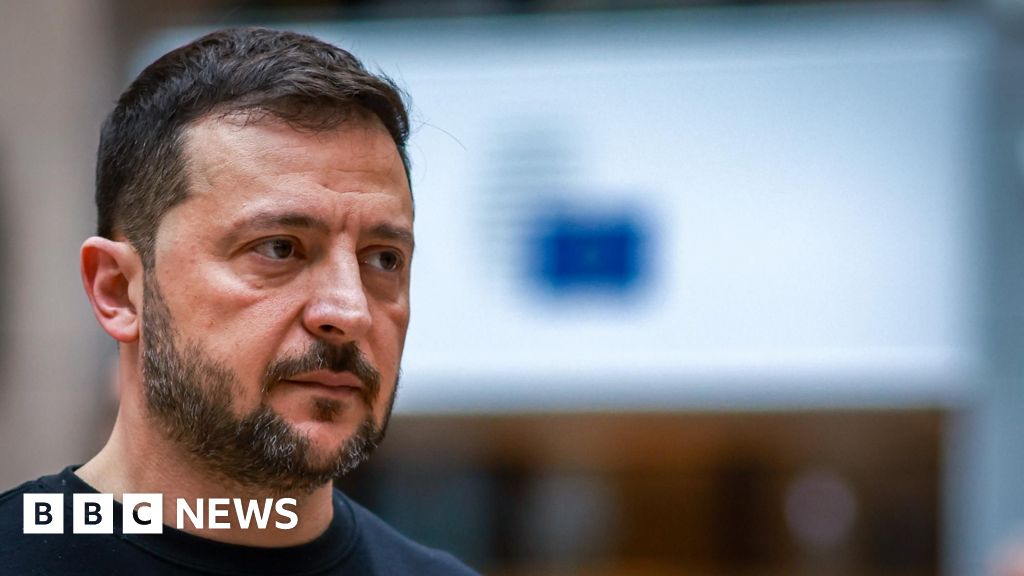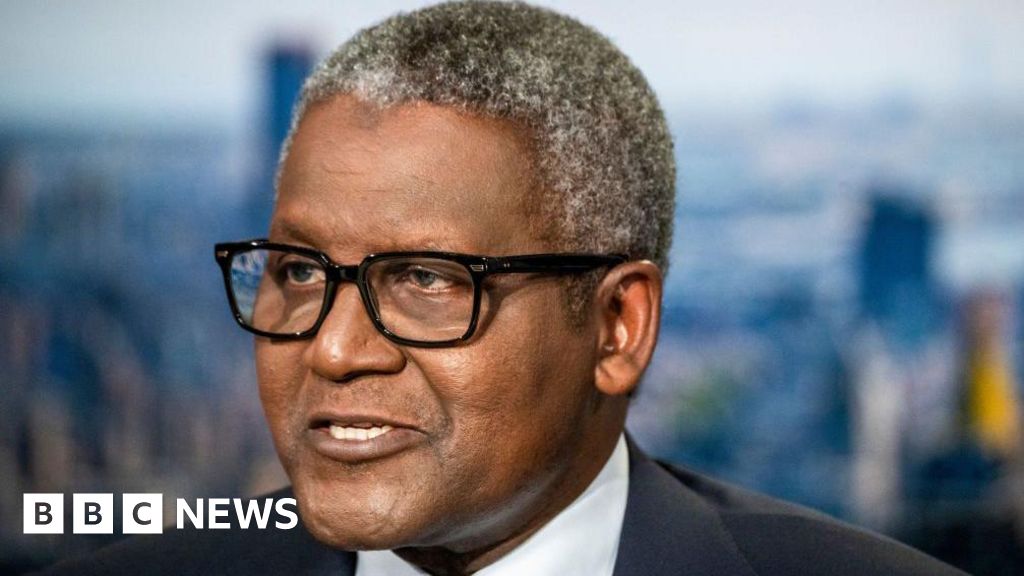ARTICLE AD BOX
By Laura Bicker & Robert Plummer
BBC News, Zaporizhzhia and London
Image source, EPA
Image caption,This family arrived from Mariupol at the evacuation point on Tuesday
A group of civilians who have been evacuated from the besieged city of Mariupol have made their way to the relative safety of the town of Zaporizhzhia after a 200-km journey.
Among them were 69 people who had sheltered in bunkers beneath the massive Azovstal steelworks for months.
It's the first time a humanitarian corridor has been successfully agreed to get them out of the steel plant.
"We were losing hope that we would ever get out," one woman told the BBC.
Before this evacuation, repeated attempts to negotiate their safe release had ended in failure.
Hundreds of civilians still remain trapped inside the plant, according to Ukrainian fighters there. It's not clear whether more attempts will be made to rescue them.
After the group of evacuees left on Sunday, fighters at the plant said Russian forces immediately resumed shelling.
There were hugs and tears of exhaustion and relief as the group of women and children arrived in Zaporizhzhia.
Katarina stepped off the bus into the sun with everything she now owns stuffed in a small backpack. Her two children, aged six and 11, rubbed their eyes, exhausted.
Katarina said she tried to reassure her two children, aged six and 11, that everything would be OK
For two months, they had lived in the hidden depths of the steel plant in Mariupol as Russian bombs pounded the site. The only supplies were rations handed down by Ukrainian solders.
"From the morning and during the night, we were bombarded. Artillery, rockets, air strikes," Katarina said.
"Our children couldn't sleep. They were crying. They were scared. And us as well.
"There were several times when we were losing hope that we would ever get out. We are extremely glad to be in Ukraine."
But the war had taken its toll on their home city, which they saw the wreckage of as they left: "What we saw were just boxes with massive black holes in them. The apartment blocks are gone. Just their remains are there."
Another evacuee, Irene, had her 17-year-old daughter by her side - and found that, at least, was some comfort.
Irene had an anxious time sheltering with her daughter
"We lived in hope that every day would be the last day in this hell. That we would go home to a peaceful Mariupol, but now it is non-existent," she said.
The operation carried out by the United Nations and the Red Cross has been complex - and at times dangerous.
UN staff on the ground found the area littered with landmines. At one point, they had to pull back after an artillery strike.
"When the team went forward to literally wave a flag and try and bring these people out, there were a number of mines that had to be cleared both from the Ukrainian side - the steel plant - and the Russian side," said Sebastian Rhodes Stampa, the UN team's operational lead.
"There was then some mortar fire, I don't know where it came from. I don't know who fired it. It stopped fairly quickly."
He said he had found the experience "deeply humbling".
"They came out and they saw the city they presumably grew up in destroyed. There are graves on the pavement and in every plot of grass you can find," he said.
"They were horrified. You've got to understand, they've been underground for two months and they haven't seen news.
"There was a six-month-old baby there who had never seen grass, he'd been born during the winter and he was astonished how green the grass was. He wanted to play with and fiddle about with it."
Mr Rhodes Stampa told the BBC that women, children and the elderly "hadn't seen daylight in two months".
Image source, Reuters
Image caption,Refugees had barely been outside the plant in two months, the UN said
In the end, they rescued more than 100 people from Mariupol this time - a rare moment of progress for humanitarian efforts in this war.
Ukrainian President Volodymyr Zelensky said the successful evacuation had been the result of long negotiations and mediations.
"We will continue to do everything to get all our people out of Mariupol and Azovstal," he said. It's difficult, but we need everyone who stays there - civilians and soldiers."
Thousands are still in the city, with hundreds still stuck in the maze-like tunnels under the steelworks.
The Red Cross said it was pleased the evacuation was a success, but was frustrated many more people were left in "hell".

 2 years ago
24
2 years ago
24








 English (US)
English (US)